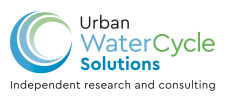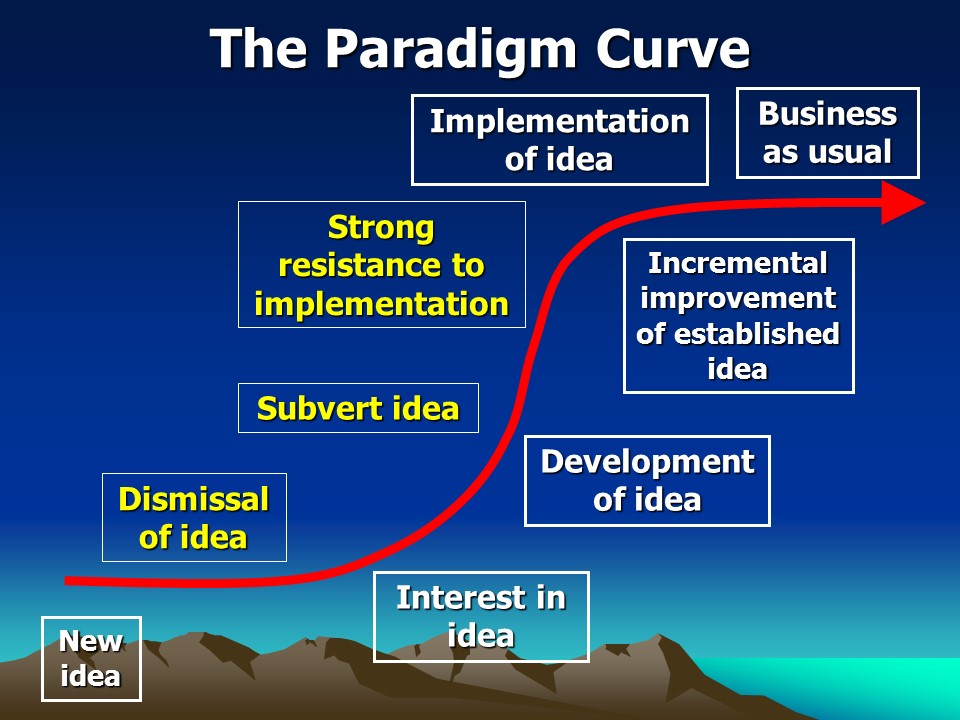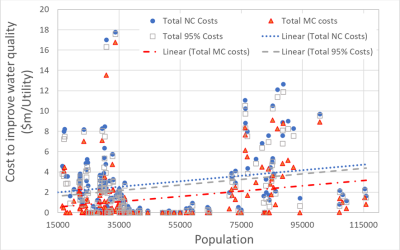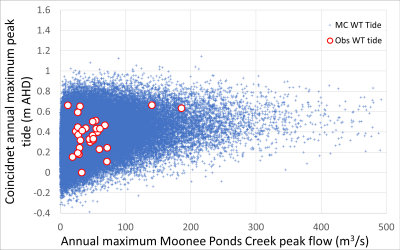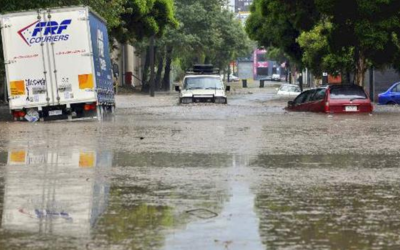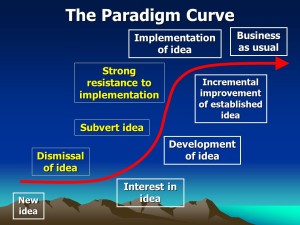
It has been a journey of different cultures and climates but similar challenges to ensure water supplies and to enhance our environment whilst striving for greater inclusiveness throughout society. This first of three articles focuses on insights gained from interactions with Canadian leaders during the period 2001 to 2005.
In 2005, a linking theme and challenge to the emerging Partnership for Water Sustainability in BC and Australia was the need to restore natural water balances. Our cultures and pathways to consensus may be different, but the key ideas and experiences of our change agents are similar. Consensus about transition to more sustainable water cycle management was dependent on challenges to historical practice and philosophy.
Consensus and Challenge: Essential Fabric of Resilient Society
